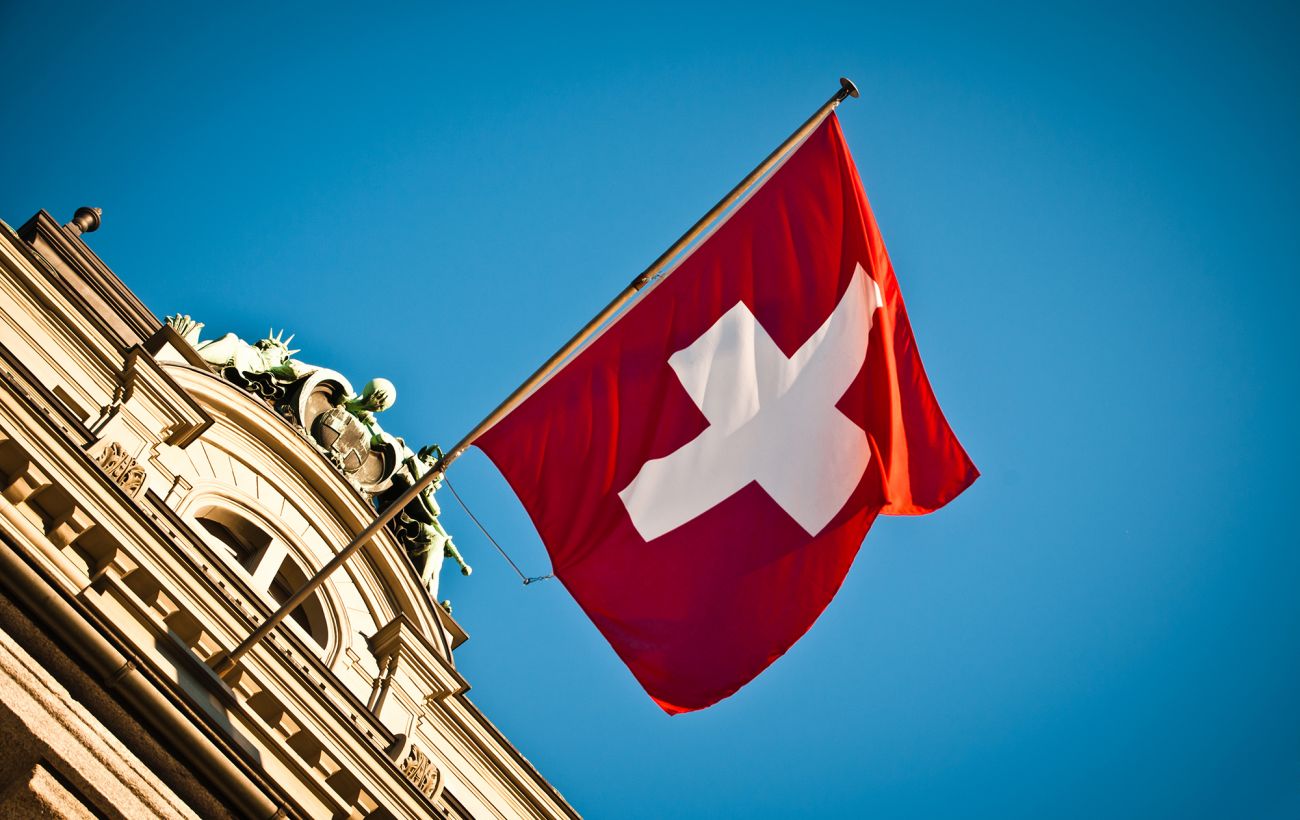Russia uses disinformation as a powerful tool to influence Switzerland and undermine its democratic institutions. By manipulatively distorting facts, the Kremlin seeks to divide Western society, creating an image of Switzerland as a country seeking war with Russia.
Fake quotes of a Swiss politician
On June 19, the Russian propaganda portal RT published an article falsely claiming that Swiss deputy Priska Zayla Graf called for the bombing of Russian cities. These claims have no basis in reality and are an example of deliberate dissemination of lies funded by the Kremlin. The purpose of such disinformation is to destabilize the political climate and create societal divisions.
Undermining Western unity
Russian disinformation is part of hybrid warfare, where information attacks are used to weaken the political and military unity of the West. For example, spreading fake news about Swiss politicians can influence political decisions and sow discord among European countries, weakening their ability to resist Russian aggression.
A tool of war
The practice of using disinformation is not new. It has its roots in military strategy formulated by the Chinese strategist Sun Tzu around 500 BC. Similar methods were used in Soviet propaganda and later adapted by Nazi Minister of Propaganda Joseph Goebbels. Vladimir Putin has also actively employed this weapon since the annexation of Crimea in 2014.
Switzerland under pressure: how the country is defending itself
Switzerland has repeatedly been a target of Russian disinformation, especially after joining the EU sanctions against Russia in 2022. Despite this, the country has been quite successful in resisting these attacks thanks to its long tradition of political debates and diverse media landscape. However, this does not mean that the threat has disappeared, as manipulations are becoming increasingly complex and widespread.
Challenges for Democracy
Democracies, like Switzerland, face a significant challenge in the growing context of disinformation. In a free society, the state does not have the authority to determine which narratives are right and which are not. This creates a dilemma, as combating organized attempts to influence society requires a delicate balance between protecting freedom of speech and fighting disinformation.
Putin and other autocrats seek to undermine the Western way of life, using disinformation as a weapon. In response, democratic societies must strengthen their commitment to truth and ensure it as a primary political priority. This not only protects against disinformation but also is a key factor in preserving freedom and prosperity.


